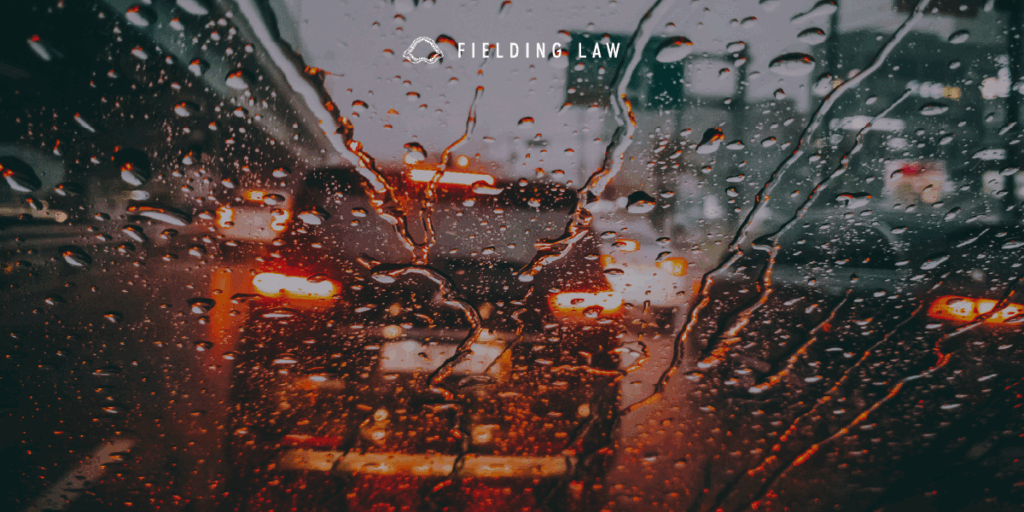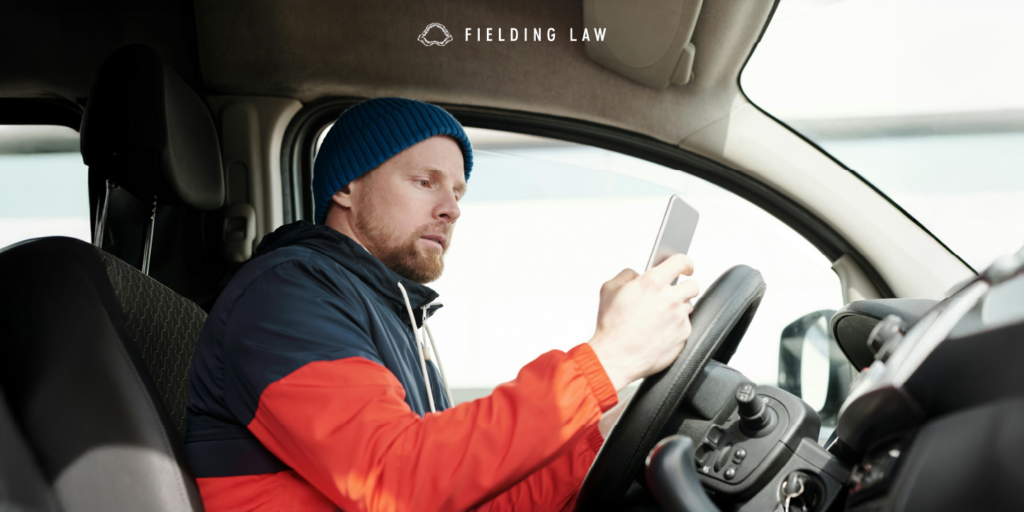
What Negligence Means in a Personal Injury Case
Negligence is the foundation of most personal injury claims in California and Arizona. It describes a situation where a person or business fails to act with reasonable care. When that failure harms someone, the injured person may have a legal right to pursue compensation. Understanding proving negligence injury is essential for any plaintiff seeking recovery.
Negligence does not require intentional harm. Instead, it focuses on avoidable mistakes. These mistakes can happen on the road, inside a business, at a private residence, or during everyday activities.
Common Examples of Negligence
Negligence appears in many forms. Some of the most frequent sources include
-
A driver looking at a phone instead of the road
-
A company that does not maintain its equipment
Each of these actions places others at risk. When an injury occurs, the plaintiff must show that the other party failed to act responsibly. Proving negligence injury requires clear evidence of these failures.
What a Plaintiff Must Prove
In both California and Arizona, the plaintiff must show
-
The defendant had a duty to act safely
-
The defendant did not meet that duty
-
That failure caused the injury
This can sound straightforward, but it often requires evidence, witness statements, reports, and a clear understanding of state law. A skilled attorney can help with proving negligence injury by gathering and presenting information in a strong and organized way.
How State Laws Affect Negligence
California uses a pure comparative negligence system. This means a plaintiff can recover compensation even if they share most of the fault, but their compensation will be reduced by their percentage of responsibility.
Arizona uses a similar comparative fault system, and injured people can still seek recovery even if they hold some responsibility. These rules can significantly impact the outcome of a claim, making proving negligence injury even more important.
Why Negligence Matters for Plaintiffs
Negligence determines whether an injured person has a valid claim. It also influences how much compensation may be available. Plaintiffs often deal with medical bills, missed work, pain, and emotional stress. A clear demonstration of proving negligence injury helps create a strong foundation for a claim that reflects the full impact of an injury.
Why Hire Fielding Law
The injury process can feel overwhelming, but you do not need to face it alone. Fielding Law offers caring, capable, and experienced support for injured plaintiffs in California and Arizona. Our team focuses on listening, understanding your situation, and guiding you with steady and compassionate leadership. We work to protect your rights so you can focus on healing. To speak with our team, contact Fielding Law or call 833.88.SHARK.
Note: Information provided is for educational purposes and does not constitute legal advice. Always consult with a qualified attorney for legal concerns.









